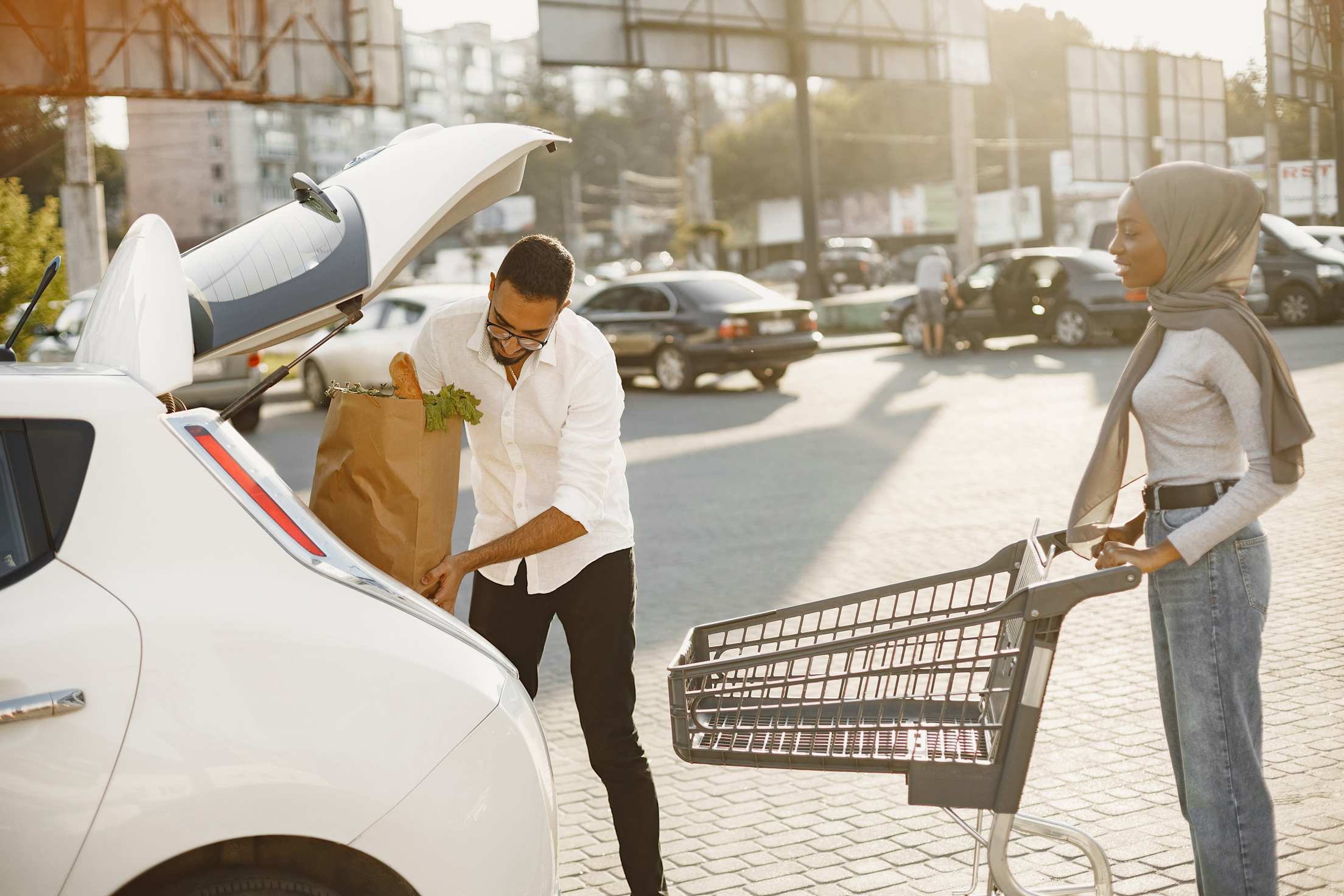
Your Car Lease Is Up. Now What?
Weigh your options before buying or leasing another car.

Here’s a guess: When you signed the paperwork to lease a car, the end-date most likely seemed far in the future. But eventually, those 24 or 36 months passed, leaving you with a decision to make about your future transportation.
If you’re feeling overwhelmed, here’s what you need to know about your options when your car lease ends, and factors to keep in mind as you determine your next steps.
Your Options at the End of a Lease
1. You can lease or buy another car.
Do you love that new car smell? The security of a car that’s so freshly manufactured, it’s unlikely you’ll have to deal with any repairs or break-downs? Or, maybe you’re a feature-lover, intent on the very latest back-up camera and blindspot monitoring.
One option at the end of your lease is to lease or buy another vehicle, says Cristy Lynch, editorial director at The Savings Group, the parent company of RateGenius and AUTOPAY, a consumer marketplace for automotive finance, refinance, and protection plans.

2. You can keep the leased car.
Or, if things are going well with your leased vehicle, consider sticking with it.
“You can buy in your leased car if it makes sense to you financially,” says personal finance expert Jeff Zhou, CEO of Fig Loans.
When you leased your car, part of the contract established the car’s residual value—that is, how much the car is worth at the end of your lease. If you want to purchase the car, you’ll pay this buy-out amount (as well as any fees or sales tax).
You can either pay this amount outright or take out an auto loan, Zhou says.
3. You can walk away.
By its nature, leasing a car is a temporary situation. At the end of your lease, you can opt to hand in the keys and walk away, Lynch says.
There are plenty of reasons to do this: Maybe you’ve moved and a car is less useful, or rising gas prices have meant that you’d like a car with better mileage. Maybe a neighbor is selling a used car that’s just right for your needs.
No matter the reason, it’s always an option to end your lease without purchasing or leasing another vehicle from the dealer.

What to Keep in Mind
While there are only three fundamental choices at the end of a lease—purchase the car, lease or buy a new one, or walk away—there’s still a lot to consider, particularly given rising gas prices, inflation, and ongoing supply chain shortages. Here are some considerations that may factor into your decision.
Your Original Reason for Leasing
It’s very possible that your original reasons for leasing a car, such as a desire to have a new car or a need for lower monthly payments, still hold true. If that’s the case, leasing a new car may make sense.
Increased Gas Prices
We’ve all seen the headlines this year about record gas prices. As of June 14, 2022, the average cost of gasoline in the United States was $5.01, according to AAA. The amount might be higher where you live, and most likely, it is significantly higher than what you were paying at the pump when your lease began.
These rising prices may make you eager to switch to a car that gets more miles per gallon than your current car or explore a hybrid or electric vehicle. With both those options, your wallet will be less buffeted by spikes and dips in the price at the pump.
“Electric cars may be more expensive to buy new, but in the long run, you can save a lot of money,” Zhou points out. In fact, you can consider them a win-win-win: electric vehicles are lower maintenance, better for the environment, and powered by a cheaper energy source than gasoline, he says.
Adding to their appeal: “You may also qualify for tax credits,” Zhou says.
But, they’re not for everyone: You’ll need to have access to charging stations. And while road trips in electrical vehicles are only growing more feasible, you’ll still need to plan ahead before hitting the road.
Supply Chain Shortages
Supply chain woes have led to chip shortages, plant shutdowns, delayed releases of new cars, and other disruptions to the automotive industry. These big-picture industry woes might make it advantageous to purchase your leased vehicle.
“If your leased car is in great condition and has a high resale value—which is likely considering used car values have been at all-time highs—it might be worth considering purchasing the car with your own cash or a lease buyout loan,” Lynch says.
Available inventory for both used and new cars is low, compared to the demand for them. And when demand outstrips supply like this, prices rise. Your leased car may be worth more than the residual price you’d have to pay to purchase it. Plus, it also means that leasing or purchasing a new or used car might be pricier now.
Your Financial Picture
Your personal finances are a big consideration as you determine the next steps when your lease ends. You’ll need to ask yourself if you can afford to purchase your leased vehicle. “It won’t be wise if you buy the car but you struggle to keep a decent budget,” Zhou says. And, take a moment to consider your credit score, too, since you’ll most likely need to qualify for a loan, he notes.
Even if you’re opting to end the lease, but will still need a car, you’ll need to consider your financial picture and what you can afford, particularly in a volatile market.
The Car’s Condition
Another factor to weigh: how well you’ve maintained the car. If you’ve never detailed the car, replenished fluids, or rotated the tires, you may be better off with a fresh start.
If the car isn’t in top-notch condition, “you might be hooked on big expenses on car maintenance and repairs moving forward,” Zhou says.